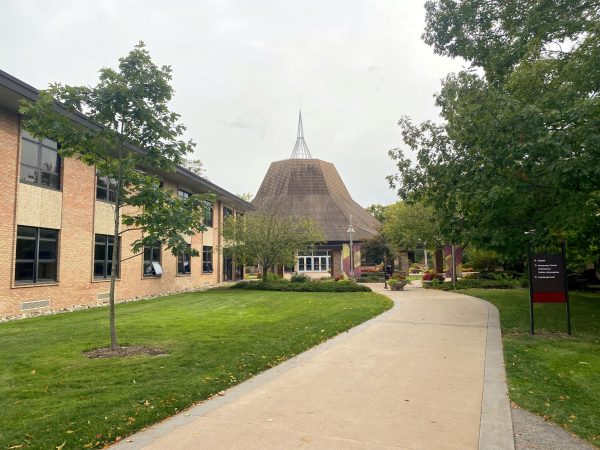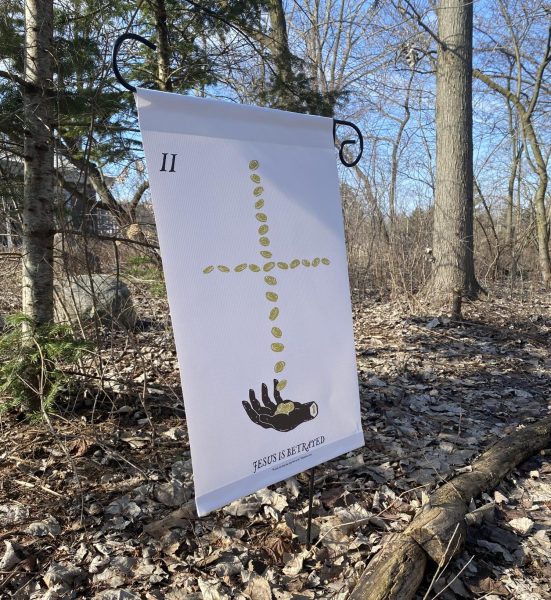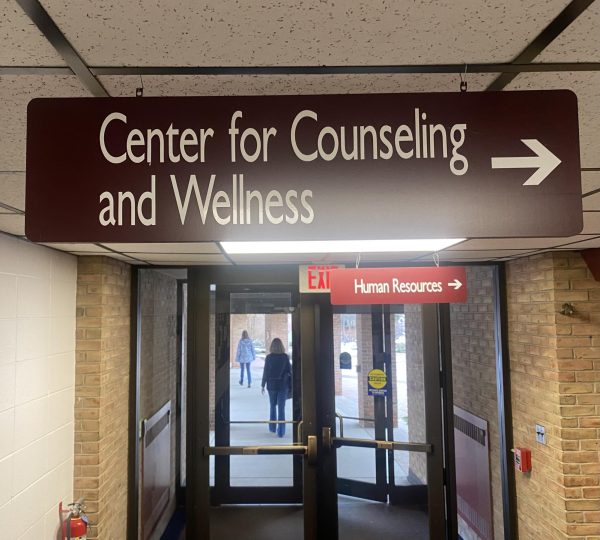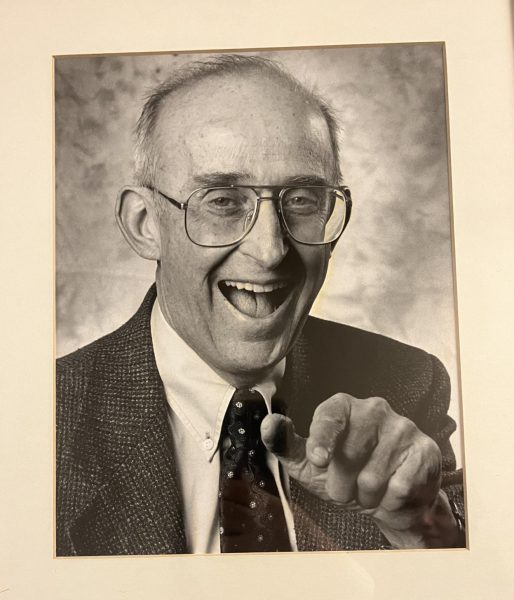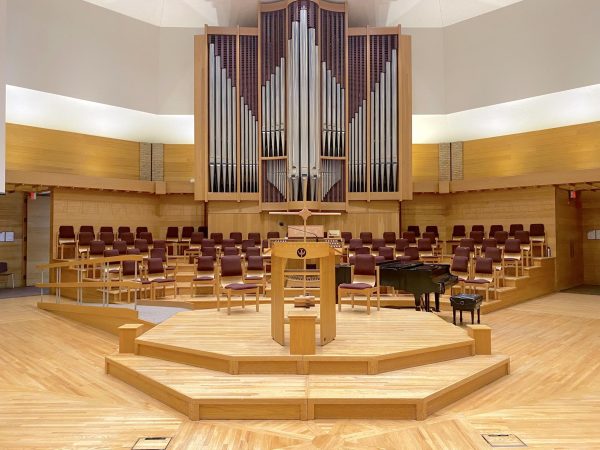Recent report shows that “nones” are on the rise in the West
According to a recent study by National Geographic, the “nones” are now the second largest religious group in North America and the majority of Europe. The “nones” are a category for those unaffiliated from any religious organization, and get their name from the “None” or “None of the Above” answer given on religious surveys. Nearly 25 percent of Americans identify themselves as “nones,” overtaking Roman Catholics, mainline Protestants, and non-Christian religions.
The recent rise of the “nones” raises questions of the status and influence of religion in the world today. Atheists, agnostics and generally non-religious people are counted together under the “nones.” Recalling a famous Time magazine headline that read, “Is God Dead?” it seems as if the same question is being asked today. However, the “nones” represent a recent phenomenon that answers the question without a clear yes or no, rather Gabe Bullard from National Geographic suggests that the more likely answer is “God who?” an apathetic alternative to the old atheist vigor.
An accurate description of the “nones” would provide a varied and diverse representation. While all are religiously unaffiliated, some are strong atheists, others agnostics, and some just don’t have a preference. In this sense, the “nones” are just as complex of a group as religiously affiliated people.
News of this report comes on the heels of the U.K. Mennonites holding their last collective service in May. The Mennonites have a long tradition as Anabaptists and follow a lifestyle similar to the Amish. However, as the West continues to secularize religion has experienced a boom particularly in sub-Saharan Africa and regions of China.
While many have attributed scientific advancements as a major reason in the secularization of the West, Bullard notes that another factor in the rising numbers of “nones” are due to a gradual organization of religiously unaffiliated people. Often conducted via the internet through online discussion groups, many religious skeptical people have been able to reach out to one another. Stephanie Guttormson, operations director of the Richard Dawkins foundation said, “Organizing atheists is like herding cats, but lots of cats have found their way into the ‘meowry.’” The goal of the Richard Dawkins foundation is to normalize atheism by establishing an organized group of like-minded individuals.




